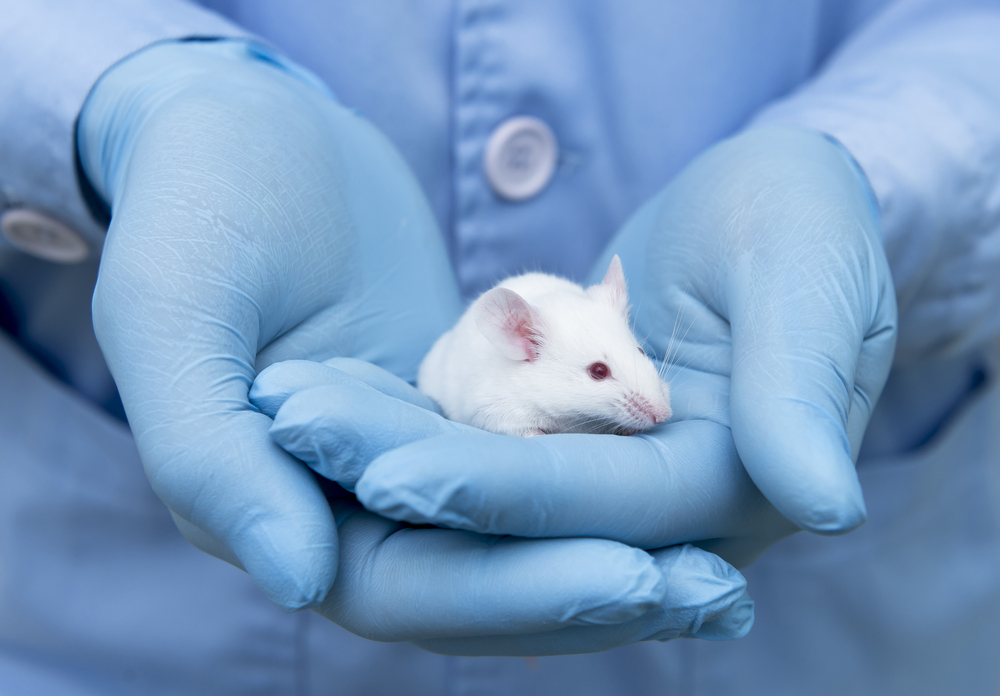AdipoRon Treatment Reduces Clinical Features of Systemic Sclerosis in Mouse Model, Study Shows
Written by |

AdipoRon, a therapy targeting the signaling pathways that involve the protein adiponectin, was able to reduce clinical features of systemic sclerosis (SSc), including inflammation and skin fibrosis, in a mouse model, a study shows.
The study, “An orally-active adiponectin receptor agonist mitigates cutaneous fibrosis, inflammation and microvascular pathology in a murine model of systemic sclerosis,” was published in the journal Nature Scientific Reports.
It is currently believed that both abnormal adipocyte (or fat cell) function and adipokine secretion (proteins secreted by fat tissue that play roles in inflammation) are involved in SSc development.
Adiponectin is an adipokine known to have a role in Type 2 diabetes, cardiovascular disease, and psoriasis, as well as other diseases.
Adiponectin levels have been found to be reduced in SSc, and current evidence suggests it plays a role in the development of the disease. As a result, the protein might be a useful therapeutic target.
Studies have shown that adiponectin, or molecules that can mimic its function, such as AdipoRon, can have a protective effect in models of cardiac and liver fibrosis.
AdipoRon can be orally administered, making it a practical therapeutic option if it does, in fact, have an effect on clinical features associated with SSc.
To address this question, researchers used an SSc mouse model to test the effects of AdipoRon as a way to augment adiponectin signaling.
Results showed that AdipoRon was well-tolerated by mice, and did not trigger any toxic effects even up to 28 days of treatment. Importantly, compared with control-treated mice, mice treated with AdipoRon showed a reduction in signs associated with SSc development, including a reduction in skin thickness, collagen content, fibroblast activation (fibroblasts are cells involved in fibrotic processes), and vascular injury.
In cells, AdipoRon was also found to reverse the pro-fibrotic features of SSc fibroblasts.
According to the team, the study represents the first demonstration of the “anti-fibrotic effects of AdipoRon in vitro [in cells] and in vivo [in animals].”
Based on the results, the team suggested that “pharmacological augmentation of adiponectin signaling might represent a novel strategy for the treatment of SSc,” namely through the use of adiponectin receptor agonists like AdipoRon.





